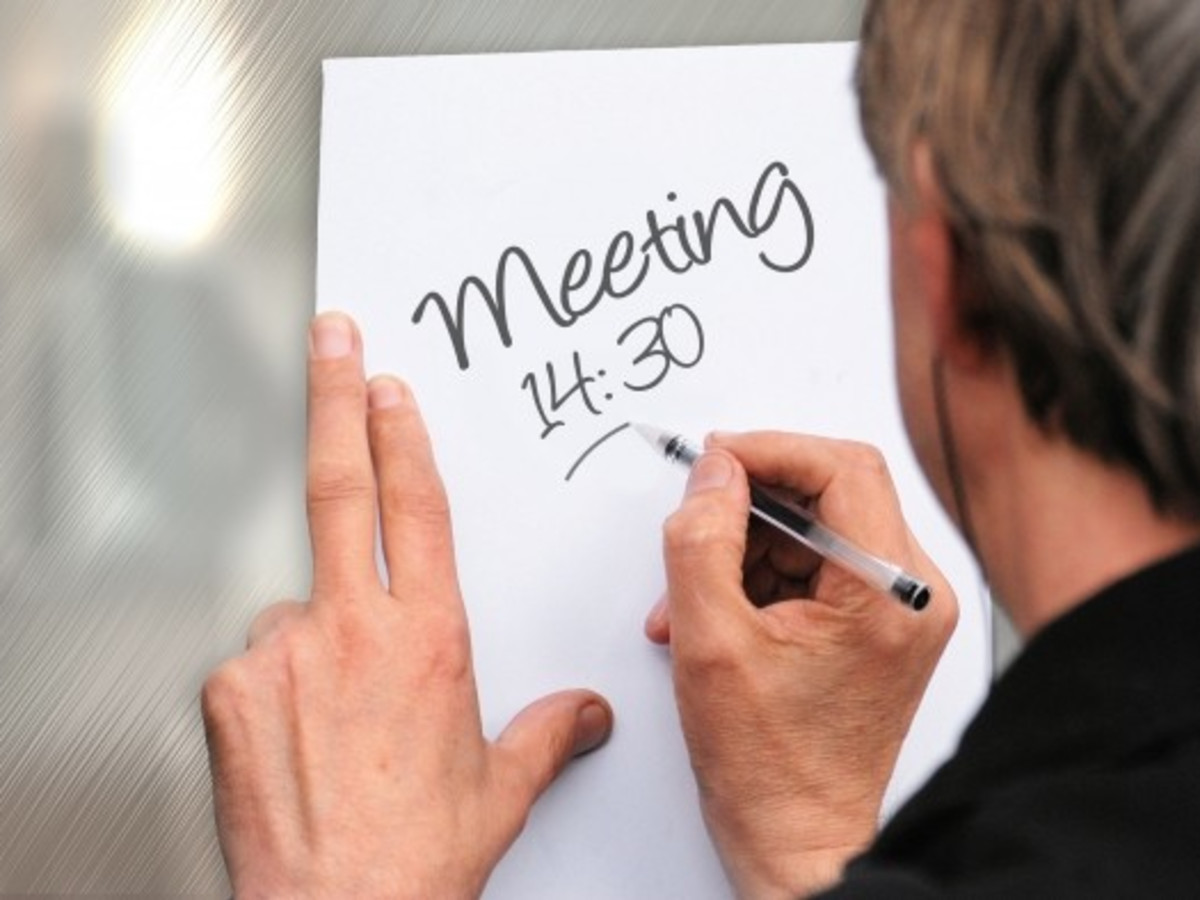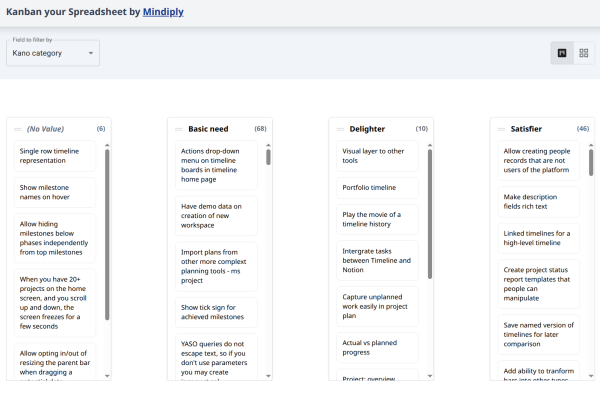
Work meetings: pleasure or pain?
Francesco Marcatto24 Oct 16
A meeting is a gathering where people speak up, say nothing, and then all disagree - Thomas A. Kayser
How many time do people spend each year in meetings? According to an excellent article by Elise Keith, who did a great job in accurately summarising many studies, workers attend on average about eight meetings per week, and managers 12. Since most meetings last for about one hour (Yes, we all remember mostly the longer never-ending ones, but let’s go with the averages), this means about 336 hours each years, or 14 days. Yes, it’s like two entire weeks - three for managers - spent each year in meetings!
This result can seems a little scary, but hey, we spent a lot of time doing other not-so pleasant things - checking emails, commuting, etc. - and most of the time we don’t complain. So the real question we should ask is: are meetings actually useful and effective?
Meetings: a necessary evil
It is very common nowadays to speak badly of meetings, saying that they are just wasted time. Research data, however, doesn’t completely agree with this simplistic view. As reported in a scientific literature review, workers and managers have mixed feelings towards meetings: they are perceived as very useful, promoting creativity, informed decision making and coordination; but can be also boring, not worth the time and often of marginal value.
Overall, it seems that meetings are a "necessary evil": they are potentially useful for creative and problem solving tasks, group decision making, and information sharing, but at the same they are often time consuming and not very productive.
Better design for better meetings
Meeting productivity can be improved, and it’s mostly a matter of design. Here’s some suggestions for conducting meetings that really deliver, so you hopefully won’t hear somebody complaining 'Oh no, another pointless meeting!' ever again.
1- Avoid unnecessary meetings
Meetings are a sort of default solution: There is a problem or a decision to make? Let’s do a meeting!, Some news has just arrived, let’s meet at 2.30 PM to discuss it! Every time you believe that a meeting is the right tool, stop and take some minutes to think: What will happen if we don’t do it? Are there any other ways to go forward without it? Think especially about opportunity cost: when people are in a meeting, they are not working on their usual tasks. No, checking email and social networks during meetings doesn’t count as work! So, think whether this problem is so important that it requires stopping the usual workflow of many other people, or whether there are other ways to solve it. For example, many communication-based meetings can be substituted by emails - and you could also try something different the next time you want to do another brainstorming meeting. Research says loud and clear that no, traditional face-to-face brainstorming is not the best way to find good and original solutions. So you could use an online asynchronous tool such as Neonce, that lets people contribute at their own pace, giving time to incubate ideas and without interrupting the usual work.
This is a smart way to avoid unnecessary meetings and at the same time increasing the effectiveness of problem solving sessions.
2- Organisation and time management
According to research, three-quarter of CEOs questioned meeting effectiveness due to lack of planning, irrelevant topics, and excessive length. So if you have decided to run a meeting anyway, there are things you can do to maximise the possibility of making it productive and last the right amount of time. Remember this mantra: ‘organisation and time management are the key’.
a. Clear structure: define the meeting agenda and share it with all the attendees in advance. If possible, try to schedule beforehand the time you want to dedicate to each topic, and stick to it.
b. Clear communication: the meeting objective should be known to all attendees. Remember to avoid using vague strategy statements and to be adequately explicit, since some people could miss some of your knowledge (it’s time to beat the curse of knowledge!). If you are planning a problem solving meeting, learn how to write an effective problem statement.
c. Stay focused and follow the agenda, if new issues come up, set them aside and tackle them another time.
3- Call the right people - and listen to them!
If you are planning a staff communication meeting chances are that you know perfectly who you have to call. But for the success of a problem solving or creativity meeting, having the right bunch of people can make a difference. Problem solving literature says that it’s best to call people with different expertise in order to increase the chances of finding an original and effective solution. According to the so-called ‘common knowledge effect’ (Gigone & Hastie, 1993), groups tend to give more importance to information that is shared by the majority and to underestimate relevant information known only to a minority. So there is a strong risk that your experts’ insights will go unnoticed. Of course, now that you know about this issue, please remember to listen to your experts and to value their knowledge.
4- End strong and prepare for action
One of the most common complaints about meetings is that they are often perceived as ineffective and inconclusive. You and your group might brainstorm for two hours, fill the whiteboard with sticky notes and doodles, with pats on the back at the end, but two days later nothing has happened. This is very common, right? So remember to take notes and capture key points, and especially to end each meeting with a clear 'what to do' plan: define the next actions and assign tasks to the group members. Instead of sending minutes to all attendees, using a shared project and task management tool can be very useful for keeping everybody on the right track.
Photo via <a href="https://visualhunt.com/">Visualhunt</a>







